IMPROV WORKSHOPS? WHAT WILL WE BE DOING?

We get a very common question. If we bring a group for a workshop – or sign up for a class individually – what will we be doing in an Improv class?
Every session is unique but here is a potential 90-120 minute session. Every session includes a warm-up, technique build and performance experience.
IMPROV WORKSHOPS? WHAT WILL WE BE DOING?
We start every Improv workshops with a warm-up – a series of games that gets the team and individuals ready to play together.
We start in a circle. Everyone is equal in this circle. No one stands behind another, or in front of another team mate. We can make eye contact with everyone in the team.
We start with a simple energy passing game. ZIP ZAP ZUP requires a simple process, but falls apart in face of poor focus and team. One player (performer/participant in Improv lingo) will clap, point and say ZIP. They are directed to make eye contact and point at the same player somewhere in the circle. Their non verbal communication clearly determines which player is intended to receive their energy. That player will pass energy saying ZAP. The third player will pass energy saying ZUP. This and similar games break down communication and focus to their simplest forms. We are at the same time promoting vocal projection and self confidence. When one gets shy and sends the energy without energy, they are asked to send it again with a little more gusto. 
A simple pantomime games, such as passing the imaginary balls. starts to build the YES! and… concept. A ball is assigned a size, weight using pantomime (creating imaginary objects from thin air with physical performance). This imaginary ball is also assigned a color. The ball is passed around the circle, using eye contact to determine the next ball catcher. The team leaders creates 3-4 balls. In order to pass a ball you need to get another’s attention simply with eye contact. The team is expected to maintain the same size and weight – demonstrated by the physical performance – the each ball. YES! And… governs more than just our words. We respect and support our team in all aspects.
Games like one word story are incredibly easy when a team listens and responds with full support. Each player is expected to follow the story around the circle with their eyes. As the story nears, one simply listens and responds with a word that would naturally flow at that moment. When folks plan a head or try too hard to find the perfect word, they remove themselves form the team collective. We teach every word has meaning and value – including the smallest preposition. Every piece of the puzzle is important to the big picture. We tie this into work flow between departments. Respecting the work before and after you in the chain is important to both your own progress and the work flow form start to finish. Respecting every link in the chain helps your piece of the puzzle fit more smoothly.
We continue along this path for about 20 minutes, playing 3-4 games geared at getting all on same page ready to play together. These games are powerful tools. They can be played in your regular meetings. Try starting – or breaking up a meeting with a fun energy game that gets both the blood and creative juices flowing. If everyone appears to be suffering from not enough coffee, throw in a ZIP ZAP ZUP or similar game. The meetings become more fun AND productive. We teach your team how to play these games as well as lead a team in Improv warm-ups.
We then play a game such as THE MACHINE. One player starts a repetitive motion with a corresponding sound. One by one players add on with a motion and sound that compliments the prior choices.
A mask game teaches actors to use Emotions in their Improv. We tie in the game to Empathy for others. Respecting another’s emotional life is a big step into building trust and psychological safety. Emotions are a part of life. Denying their existence leads to resentment, mistrust, fear and eventually hate. Acting out emotions in a safe space allows us to discover these emotions and open up around our team. We demystify the emotions and let them flow freely. And as Improv players, we create another tool to use in our scenes and stories (creative process).
Conducted Story allows us to create a simple story. Again we must listen to others and respond when it is our time to add details.
Ten Scenes in Five Minutes. We split the group into 2 or 3 groups. Folks form group one spread out around the space. Folks from Group 2 are directed to find one from group 2 to work. If a third group is formed, hey find an acting pair to make a threesome. The team leader will announce a scenario – location, relationship, conflict etc. Each group of 2-3 players will start a conversation and act out a scene. There is no audience. We are just playing for ourselves. FREEZE – The team leader instructs to perform a new scenario. FREEZE – The team leader tells the “ONES” to remain in their place while “TWOS” find a new player to team. Continue with another scenario. This continues with new scenarios and new player combinations. Working so fast there is no time to worry about self and trust issues. We don’t think. We just do!
Freeze Tag is a simple rapid fire scene game. Now on stage, or in front of rest of class, a small group lines up upstage (away from audience). Two players start a scene. Another player yells FREEZE. That player taps out one of the original players, assuming their exact physical position. A new scene is started inspired by the physical. Again we present a number of scenes in a short amount of time.
In Improv we are the writers, performers and directors of our scenes. A book, play or movie starts with exposition. We learn about characters and setting.
World’s Worst game teaches us to create some crazy fun characters. While I detest comedy that “BULLIES” comedy does highlight the imperfections in life. We discover oddities on characters we create. The team leader gives us an occupation. We present characters that would be the world’s worst person to do that job. We might present the world’s worst thing to see, hear or do at an event or while doing an activity. This is a quick game. We present our character, the team leader acknowledges our intent and we are buzzed back into a line.
One of the hardest things to do in improv is starting a new scene. What do we do? What do we say? You want to go first?
As we discover scene work we play THREE LINE EXCHANGE. In this game a player begins a pantomime – without speaking, performing an activity of work, play, hobby etc. Player two enters with a purpose. Player two will initiate the first line of dialogue as he/she joins the scene. With the first words, Player two makes a choice. How do they know each other? Where are you? Player one continues their activity as he/she responds with words that further defines WHO & WHERE the players are. Player Two offers one more line of dialogue that again heightens these choices. SCENE. Repeat this exercise. We play this game in almost every rehearsal. As the class/team gets better at the basic scene starting skill we add various parameters to build various skills.
As time permits, we explore more performance games. There are 1000s to choose. We often create original games, bored with 10-20 years of the same games.

HAVE FUN BUT NEVER AT ANYONE ELSE’s EXPERIENCE
Walt Frasier #1 rule in life. Play. Have Fun. But if you are going to harm another, stop. THINK BEFORE YOU SPEAK. (Think before you act as well. More importantly before tweeting/texting lol)
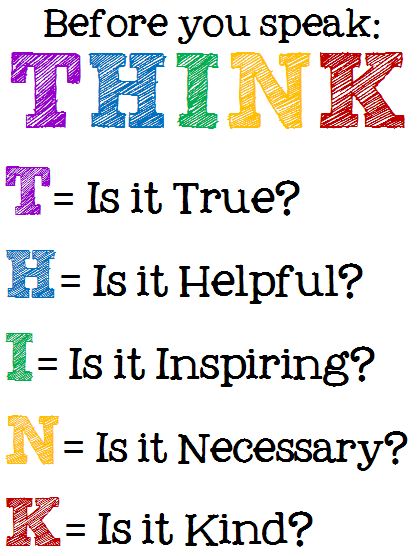
YES And…
Always say/think YES!. In order to become a supportive team player, we need to accept our team’s words and ideas. We need to respect and validate their contributions to the group. your ideas are not better or worse.
WHO WHERE WHAT
As we create stories we need to write our scenes as we perform them. Improv becomes a series of choices. If you are starting a scene, make a big choice about WHO and WHERE you are. Assign a relationship and location to the scene. Player two then responds to your choice with details that say “YES! And…” making choices to further the development of this WHO & WHERE.
MAKE BIG CHOICES
GO BIG OR GO HOME.
Remember we are here to entertain ourselves and the audience. This is not the same thing as over acting. Wimpy choices do not lead to great YES And… BIG CHOICES allow our scene partners to play off of our choices and continue with BIG CHOICES of their own.
Making BIG choices is about forwarding the story with choices that define the situation through WHO WHERE WHAT. Reveal the past to move the story forward. Dig deeper into relationships through WHO choices. Discover your surroundings with WHERE choices. Make stuff happen with big WHAT choices.
Every Choice you make helps you and your team get on the same page AND inspire the audiences imaginations. BIG CHOICES get the audience to do a lot of work for you. Their imaginations fill in the gaps. They are the third player in every scene.
JUST DO
In all of these rapid fire scene games – and all improv – the key is to LISTEN and RESPOND. We do not think ahead. We do not plan. We do not worry about what to say, or being funny, or being a genius.
Make stuff happen in your scenes instead of just talking about stuff that happened. Action always more interesting than words.
We just do! At first this is scary. It may seem difficult. Beware the H word.
NOTHING IS HARD
Perhaps we have not learned the skill to complete a task, but that does not mean we will never complete that task.
Improv will be more difficult to you if you focus on being right all the time. Imperfection is a valuable tool. We cannot discover new when we are too focused on what we already now.
TRUST YOURSELF
Don’t try to be great. Trust yourself to be great.
When you are not great, WHO CARES?
You will fall on your face. You will look silly. You will in the eyes of some “FAIL”. WHO CARES?
MAKE BIG MISTAKES
Allow yourself to takes risks which may lead to failure. In Improv there is not failure unless you give up on yourself and your team. “MISTAKES” are considered gifts. Don’t correct yourself. When you say something different then intended, see where it leads.
You say hello I am Mrs. Smith. You meant to say Mr. Smith. Don’t correct yourself. BE MRS. SMITH. Why not? It maybe silly. BE SILLY.
Let go fears of self. HAVE FUN!!!
TRUST YOUR TEAM
You can only feel comfortable if you trust your team. This is easier for some then others. When you join a class or start working with a new team, jump in like you have know each other for years.
Too often we short change a team by not trusting a new situation. Again, it may fail. But my experience is you are more likely to create failure when you don’t jump in trusting form day one. In classes, most don’t so you are not alone.
NEVER LET THEM SEE YOU SWEAT
If you are old enough you have heard this commercial, promoting a good deodorant will make you seem more confident.
For me this means we can pretend to be confident. Practice trusting ourselves and others, no matter how scary it feels at first. Take baby steps.
SEINFELD WAS RIGHT
Jerry Seinfeld has a famous quote I like to use in classes often. More people are afraid of speaking in front of a crowd then those afraid of dying. Would they rather step in front of a train than an audience and give a speech?
I love working with kids & teens as it is far easier to over come these fears at a young age. The older you get the harder it is to break down walls of fear.
So start today. Find ways to step up and speak. Reading in class, participate in discussions, give a speech.
It will be scary. I still get nervous. But over time I learned how to deal with those nerves. Through focus I take those nerves and turn the anxiety into a positive force. Through experience I learn to trust my self and others. I learn to not care what others think. I learn to not freak out when I mess up.
Every time you get up in front of a crowd it will get easier. You can hide in the corner but over time you will miss out on tons of opportunity and self enriching experiences.
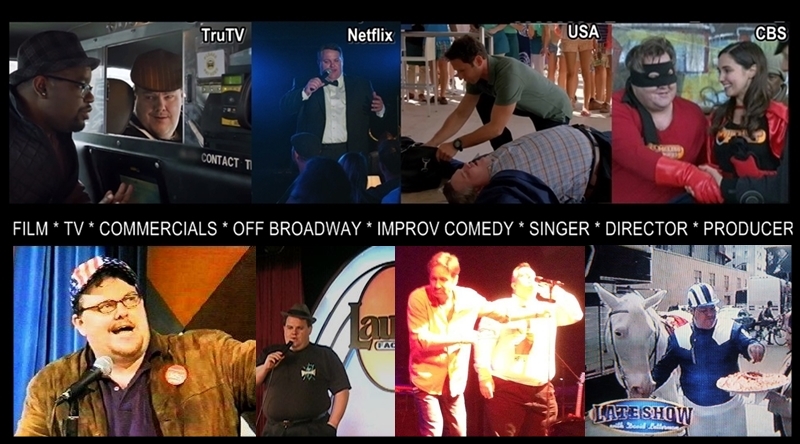
Walt Frasier co-founder EIGHT IS NEVER ENOUGH in 2002. Since then the troupe has performed over 5500 shows in Times Square NYC (NY Improv, Laugh factory, Caroline’s, Off Broadway, Broadway Comedy Club) and touring Nationwide (Clubs, Theaters, Colleges, Universities, Corporate Events, Private Functions, Fundraisers, K-12 schools, camps and community centers). 1000s have participated in our workshops, classes and residencies. Improv 4 Kids was formed in 2003 when a Farmington CT teacher invited us to there district for a 4-school tour. Around the same time the troupe began performing for Corporate Events. In 2009 Walt Frasier became the Director of Instruction at the Comedy Hall of Fame. While time constraints as a performer/producer required relinquishing that position in 2012, our players still teach classes an a number of school for that organization. Today we offer public programs year round at the Broadway Comedy Club (318 West 53rd Street). We have residencies at numerous NYC area schools and community centers.
When not performing/teaching/producing Improv, Walt Frasier can be seen on TV, Commercials and various theater/music projects.

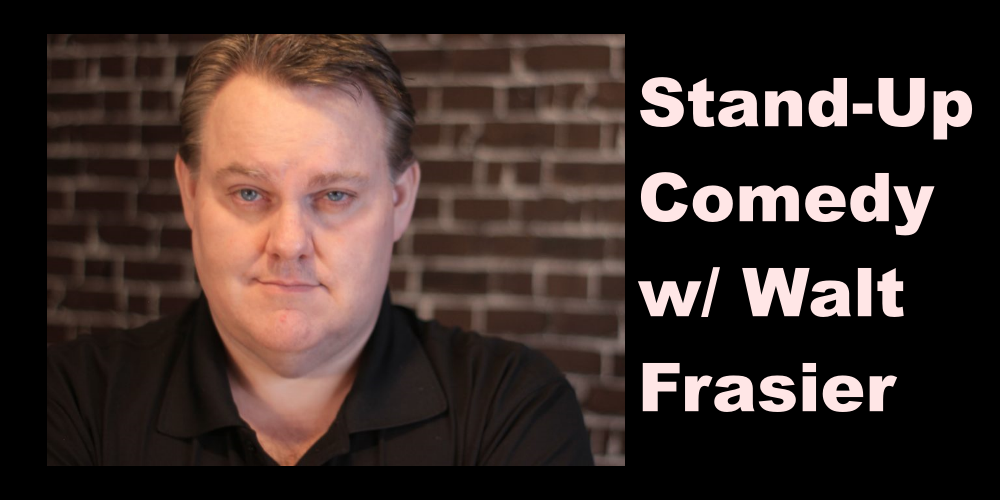
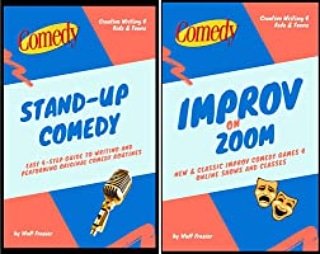
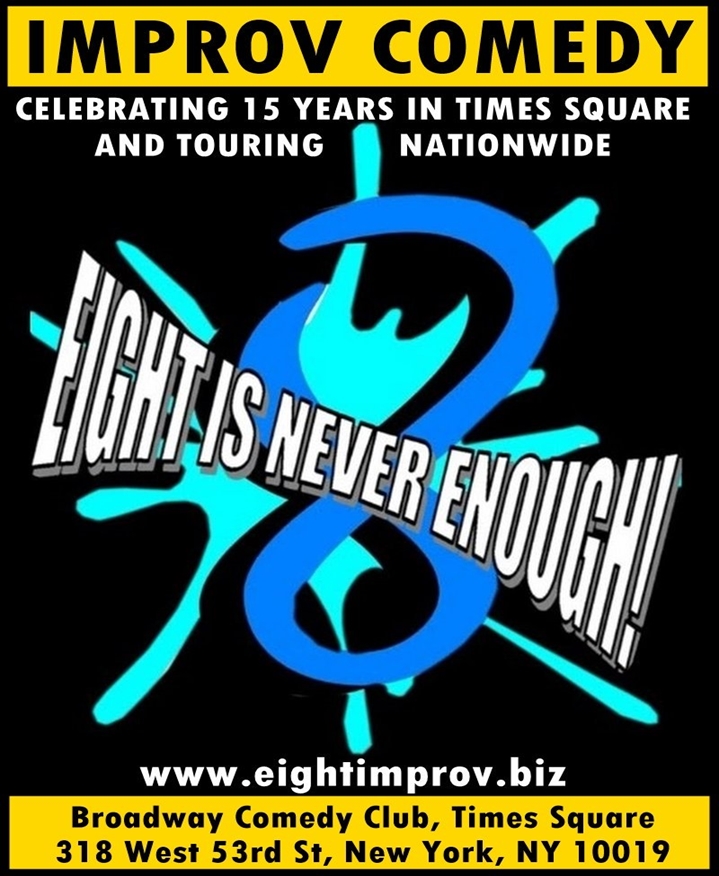



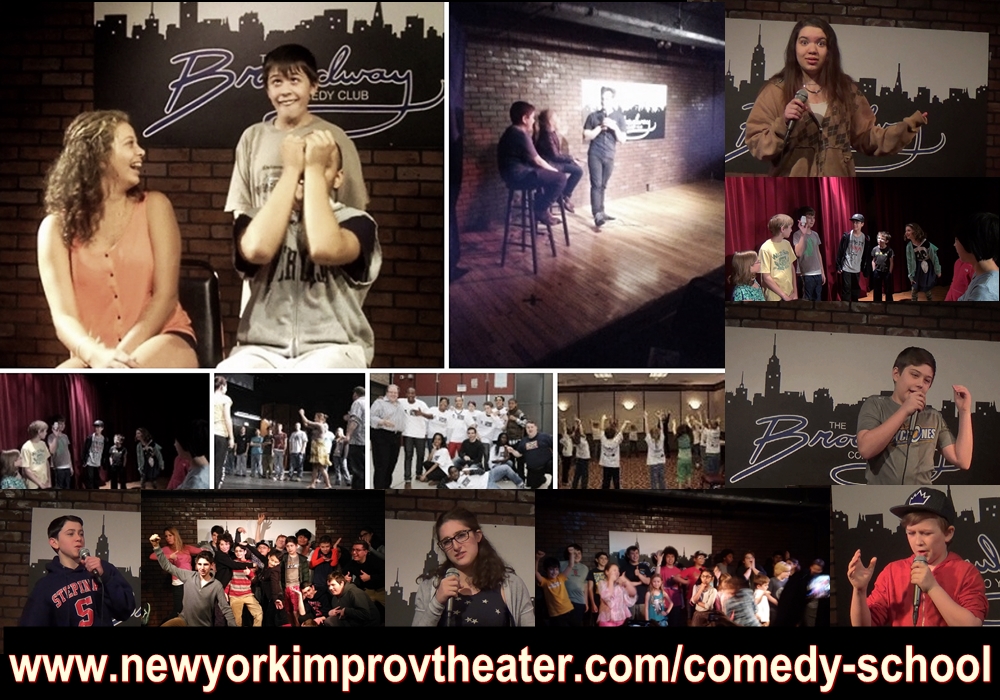

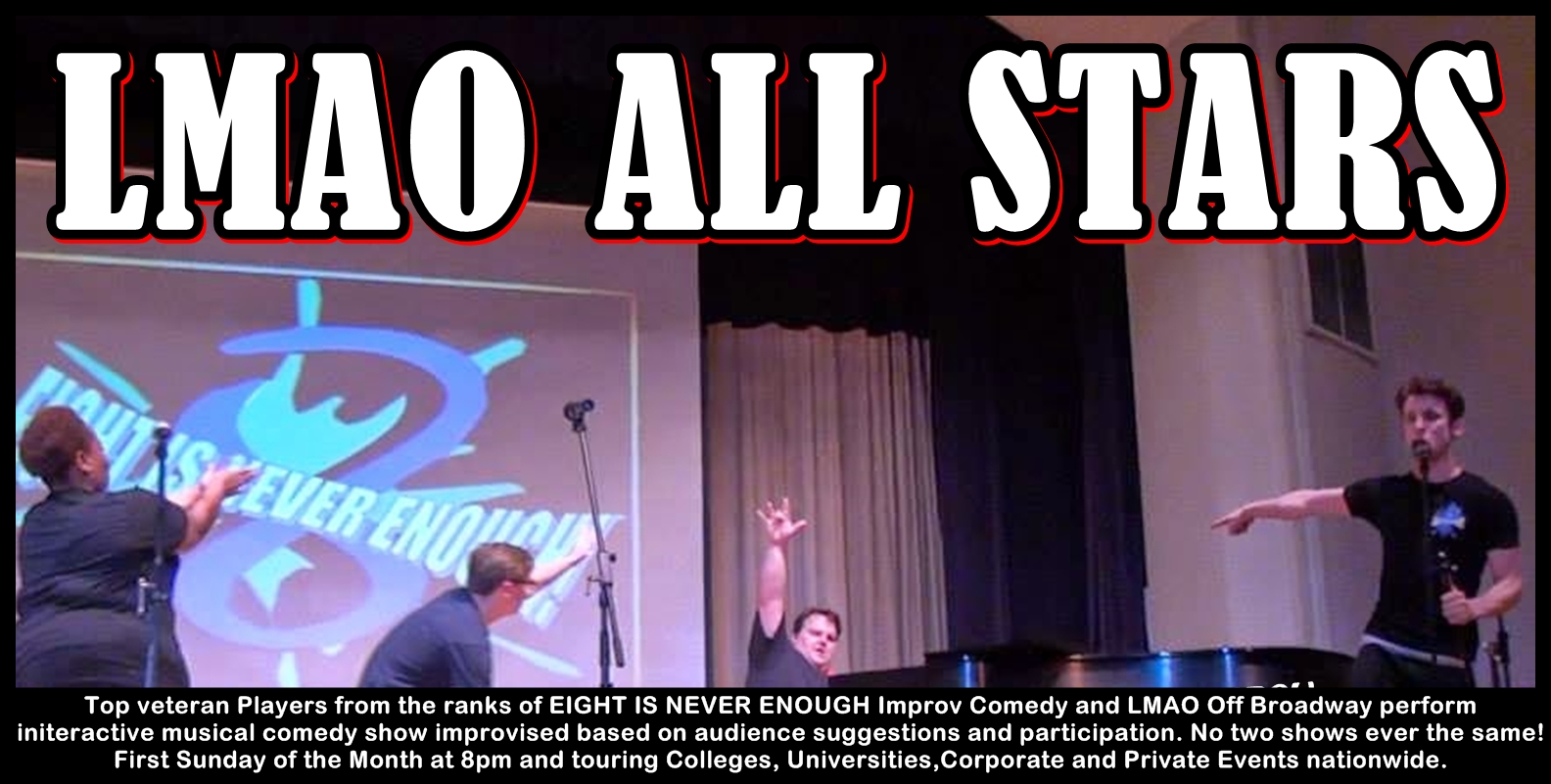
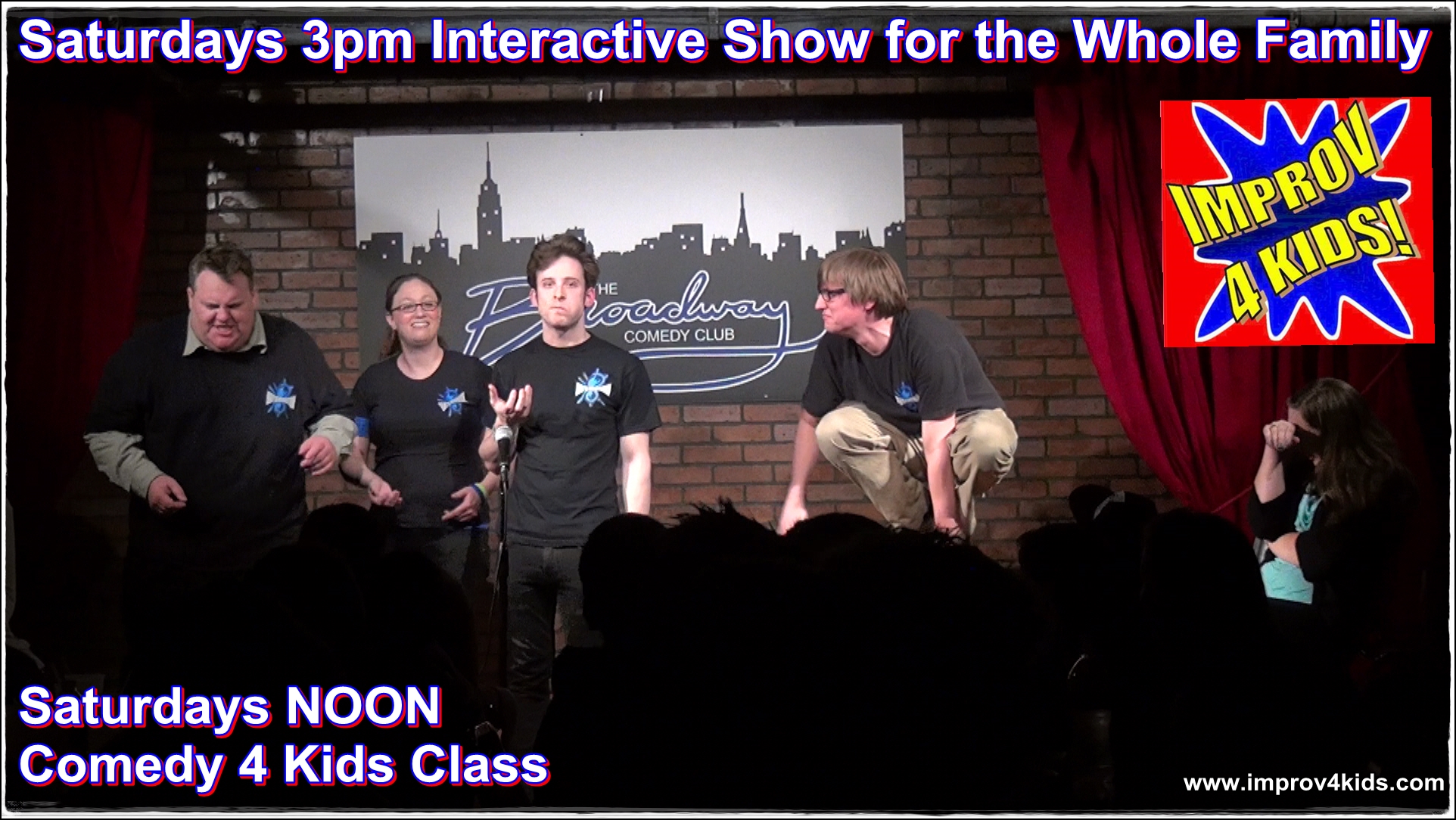



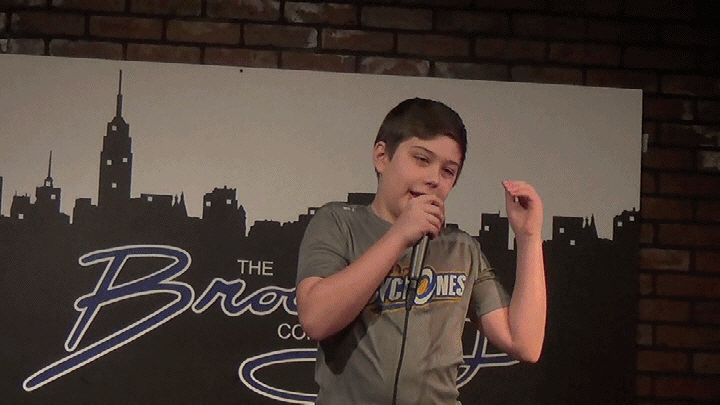
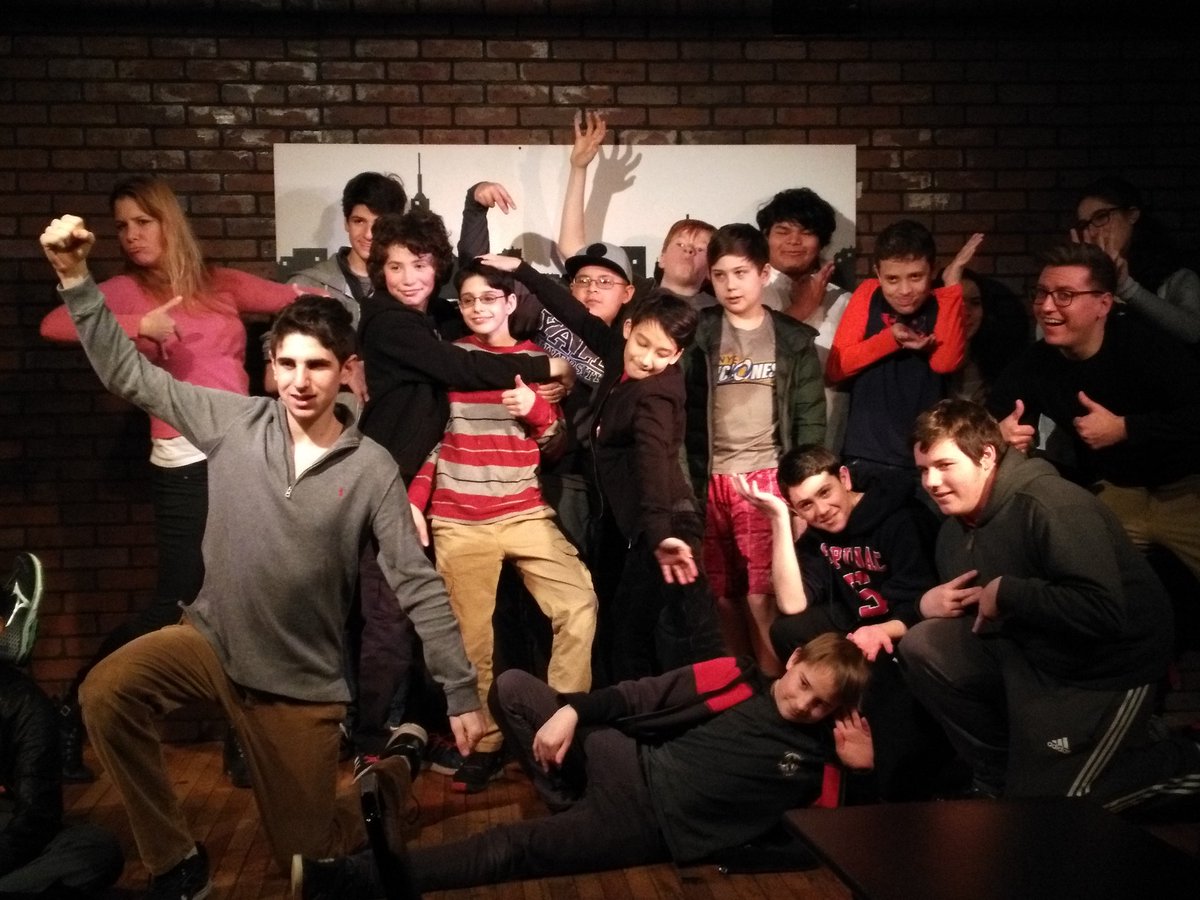
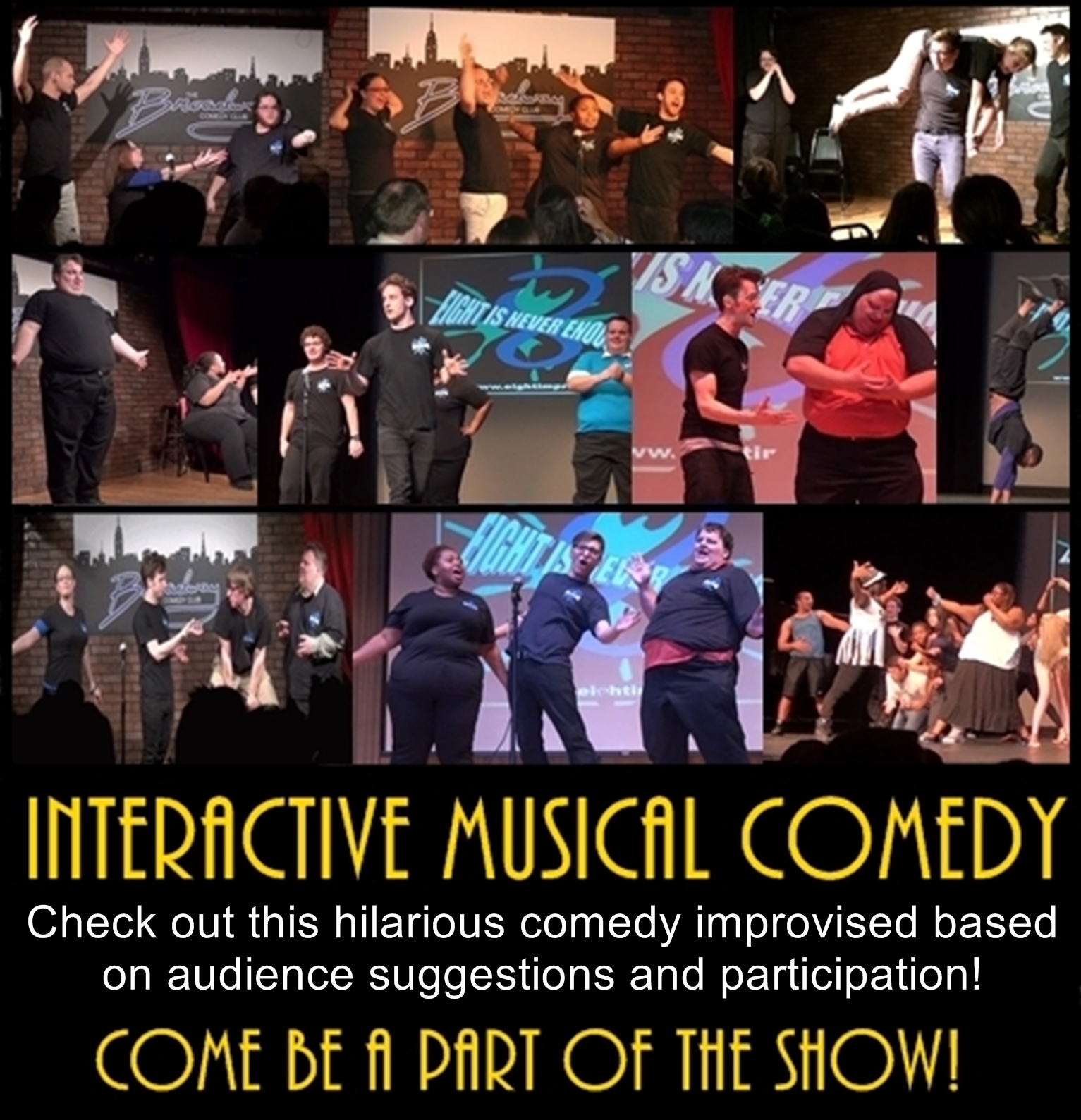

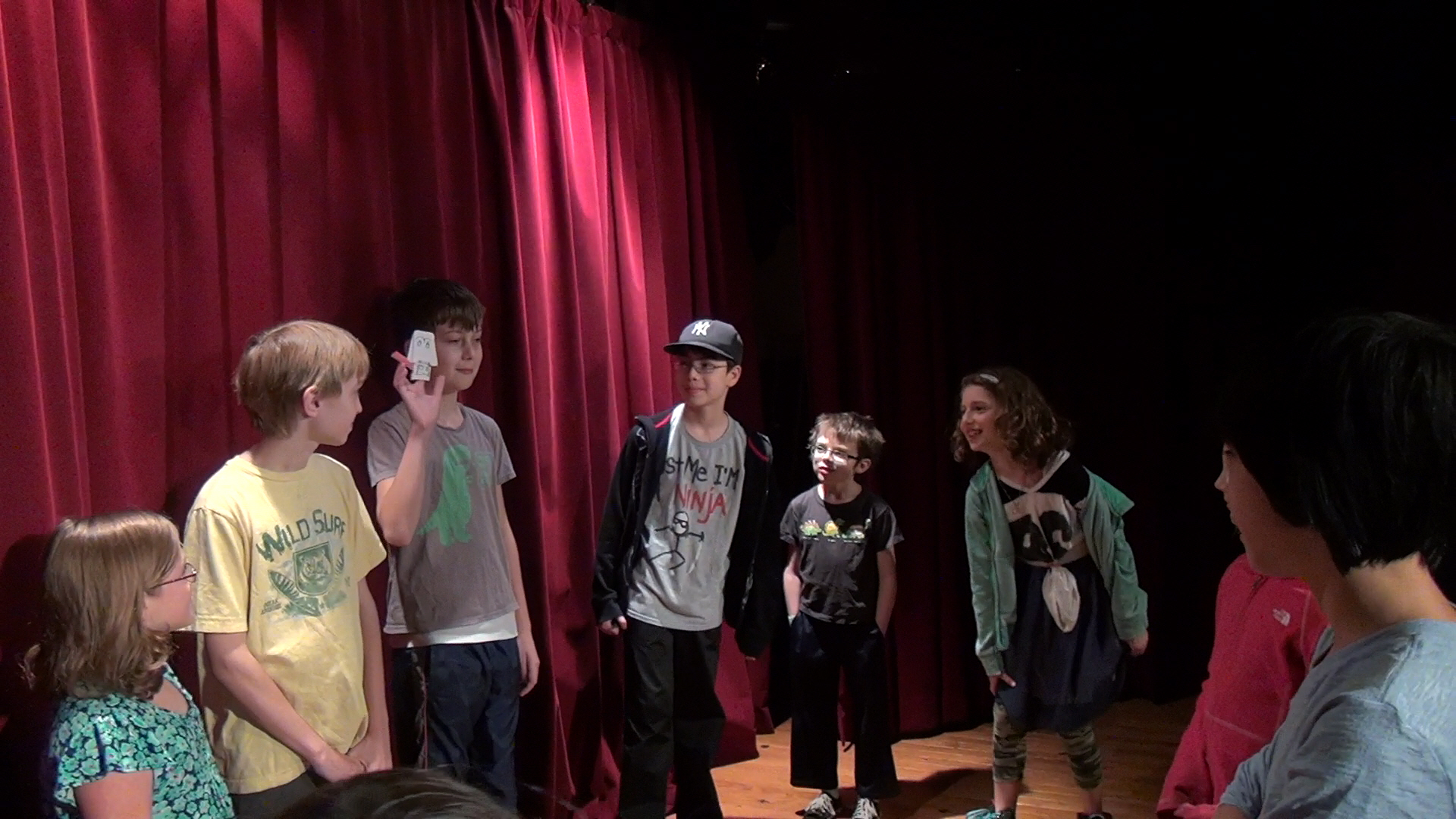

You must be logged in to post a comment.